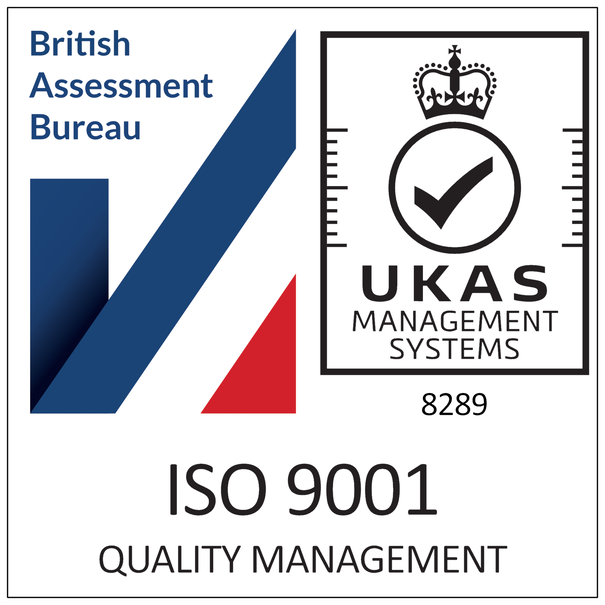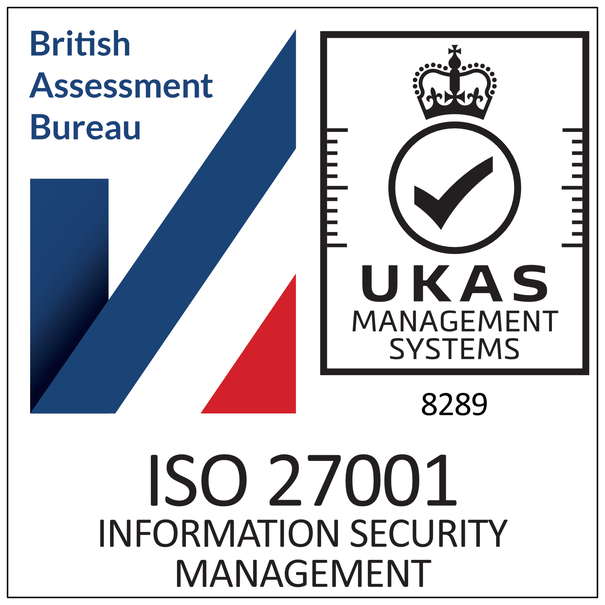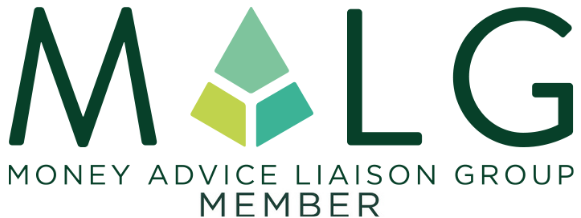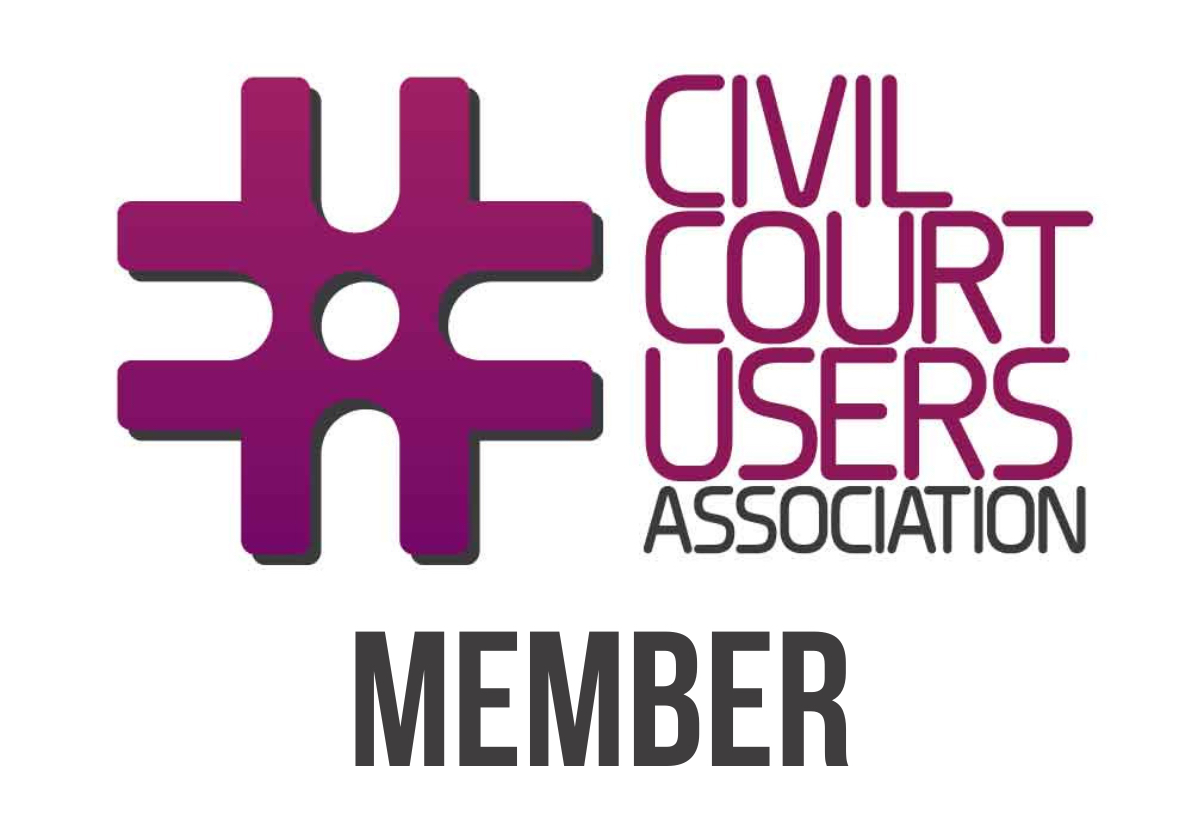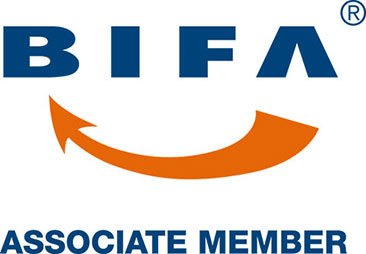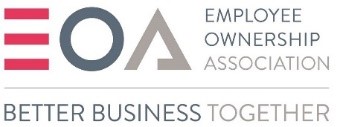
Late payment of rent has been a mounting problem for social housing providers in the UK, and one that has been heightened by the coronavirus pandemic.
The emerging trend of increasing social housing rent arrears is worrying, with cases up across every region of England, with London, the Midlands and parts of the North showing the starkest deterioration. Rent arrears amongst the 215 largest social housing providers (each operating more than 1,000 homes) has climbed to its highest level in 5 years.
Non or late payment of rent to social landlords since the start of the pandemic is now a major problem and one that is not likely to improve quickly. With job losses and unemployment rising noticeably in 2020, many tenants have mounting personal debt which has a huge impact on the delayed payment of rent.
At the very start of the pandemic, in the month of April 2020, a survey showed that average arrears had increased by 10%. Further into the year, numerous landlords were reporting increased arrears in the six months to September 2020. One housing association, with 66,000 homes in London and the South East, said its rent arrears increased from 7.7% in the six months to 30 September 2019 to 9% in the same period in 2020. And in September, official figures from the Regulator of Social Housing showed that arrears had reached their highest level in five years, with average rent collection rates standing at 97.2% at the end of June – the lowest level since 2013.
With further uncertainty due to the continued impacts of the pandemic, social housing providers have had to start analysing the ways that they currently collect rent from tenants in an effort to curtail the issue. New methods of collecting in more engaging and accessible ways need to be explored in an effort to maximise collection opportunities.
However, many continue to focus on collecting debt in-house, but that comes at an expense. Post and phone calls remain a key method for providers to target tenants and try and collect rent, however this can be costly and inefficient. A study by the company Esendex, found a large housing association was sending about 250 reminders per week at an average cost of £1.60 per letter, which represents a cost per year of £20,800. Had each of those reminders been a text message instead, the annual cost would have been just £494.
Direct mail is also not as engaging as digital communication either and can just be ignored or lost, whereas a text message can be tracked to know if it has been delivered and opened. Phone calls are more direct, but to run and maintain a call centre operation can also be costly.
The best course of action for many is to enlist the help of a debt recovery specialist with knowledge of the industry, who can tailor and utilise a combination of solutions to recover debt quickly and effectively. Controlaccount are specialists in this sector as we work with several housing associations including one of the largest in the North East. We are able to offer a tailored service for volume instructions and have highly developed workflow processes and touchless payment systems to ensure maximum contact and recovery rates – all provided in a secure and compliant environment. All our collectors are CAI trained and operate with professionalism and courtesy at all times.
We also offer contact trace service to enable reconnection with gone away tenants. This is an effective route to reconnecting with subjects where contact has been lost via a range of trace and surveillance services from a basic primary trace, employment trace to secure attachment of earnings through to Pre-Litigation reporting and international trace. Our in-house, highly skilled trace teams have an 85% success rate in delivering results. All our services are on a no collect, no fee basis.
Contact us today to discuss your requirements and hear how we have helped many leading UK housing providers.





